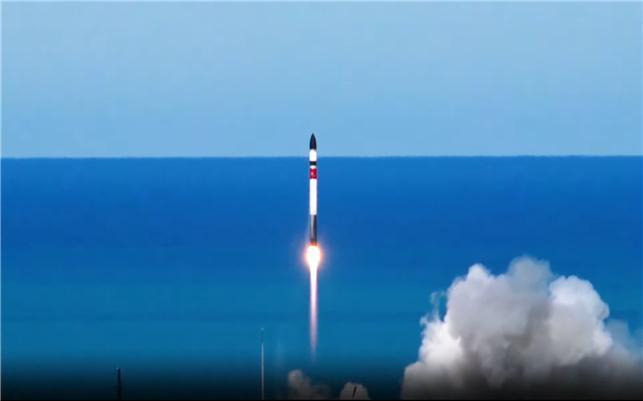A South Korean nanosatellite was launched into orbit as part of the nation’s plan to construct a satellite constellation by 2027, officials announced on Wednesday.
According to the Ministry of Science and ICT, the Earth observation satellite launched from a spaceport in Mahia, New Zealand, on Rocket Lab’s Electron rocket, Yonhap news agency said.
The satellite, dubbed NEONSAT-1, was sent into space at an altitude of 520 kilometers around 50 minutes after the rocket’s launch.
NEONSAT is an acronym for the New-space Earth Observation SATellite constellation for national safety.
The state-run Korea Advanced Institute of Science and Technology (KAIST) developed NEONSAT-1 for mass manufacture, which weighs less than 100 kilograms and has a resolution of one metre.
The satellite was the first of 11 nanosatellites to build a satellite constellation to monitor and photograph the Korean Peninsula and nearby areas.
South Korea intends to send five further nanosatellites into space in June 2026 and five more in September 2027.
The launch was originally scheduled for 7:08 a.m., but was postponed owing to concerns about colliding with another space vehicle and other complications, according to the ministry.
Rocket Lab titled the launch project B.T.S., which stands for ‘The Beginning of the Swarm’.







 Finance
Finance







